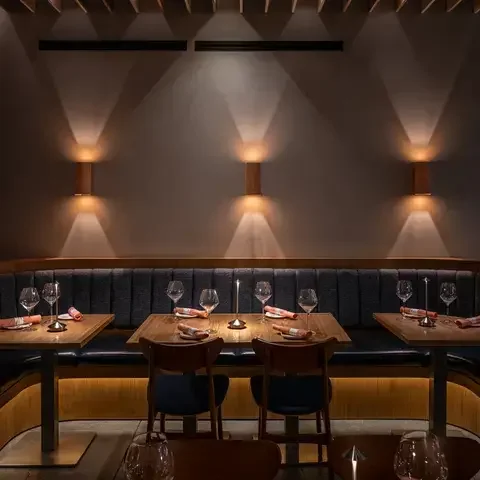...


KŌAST Melrose
Los Angeles, United States

KŌAST Melrose